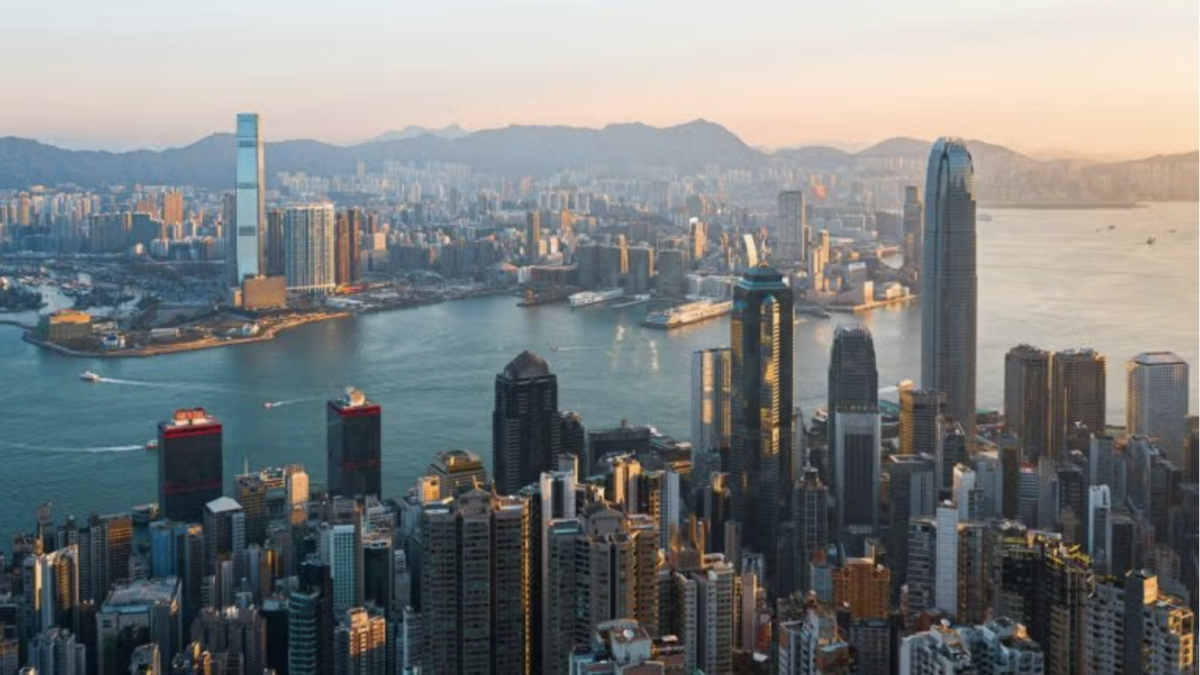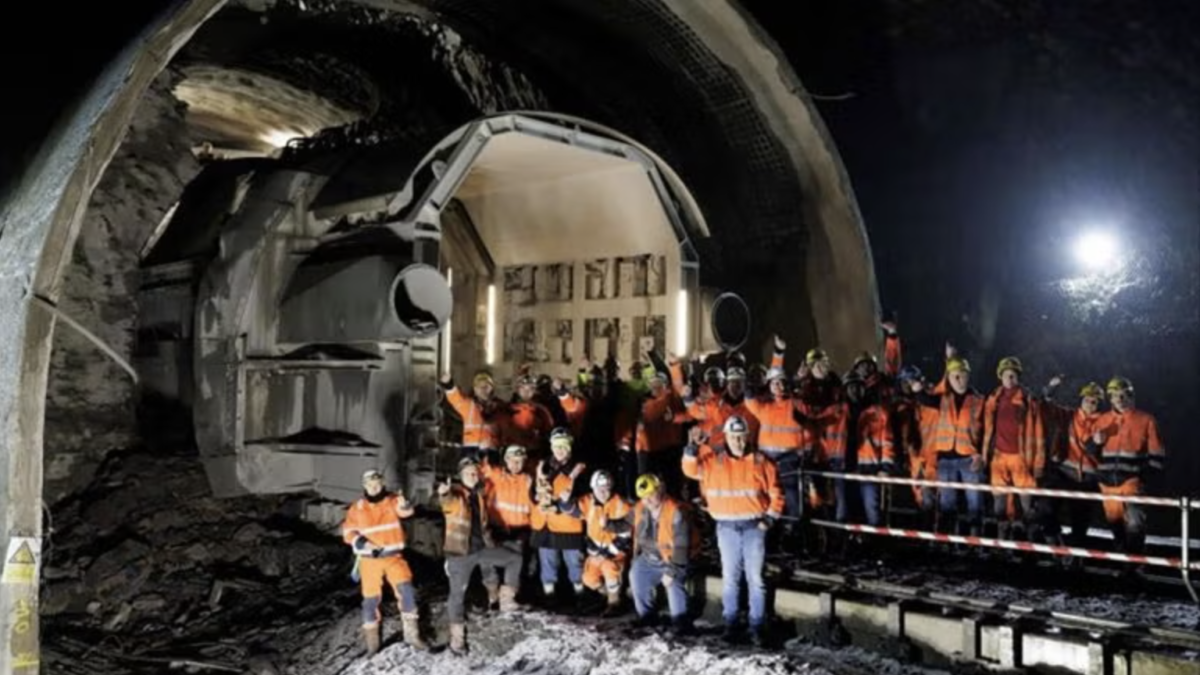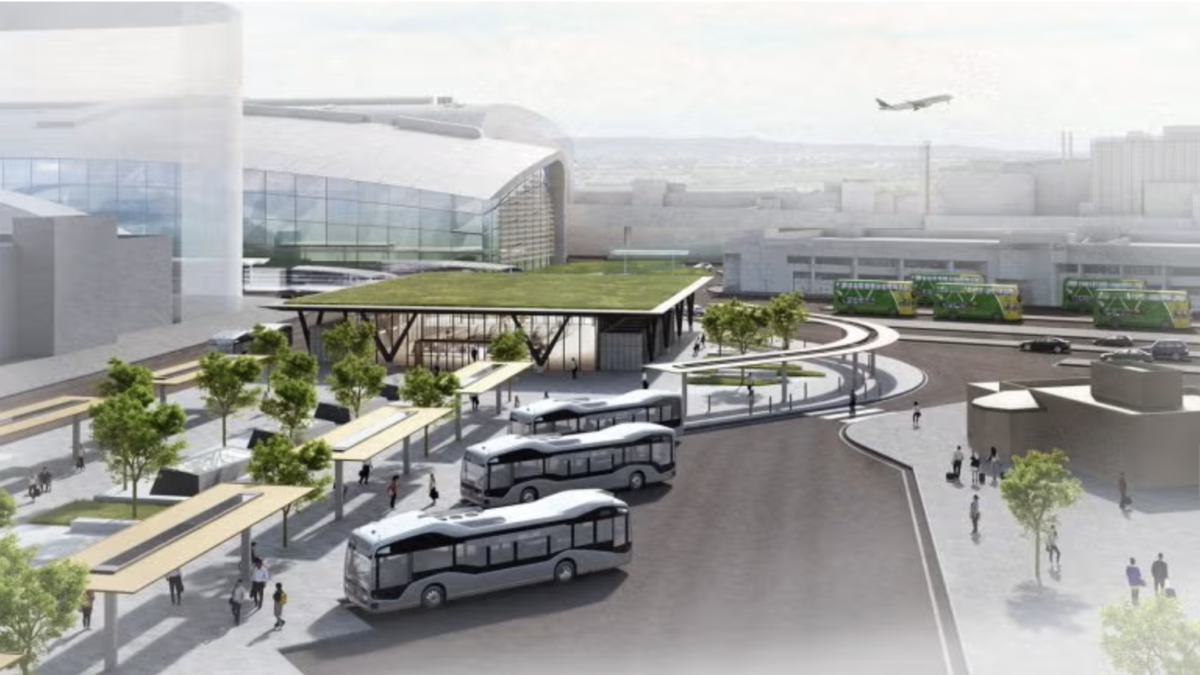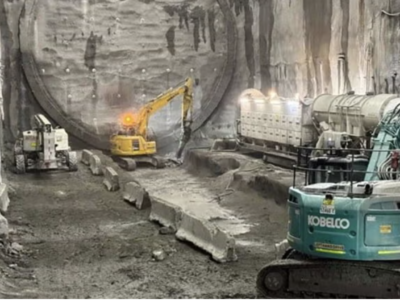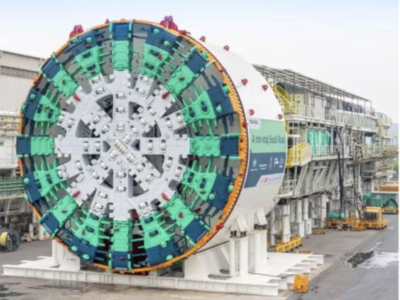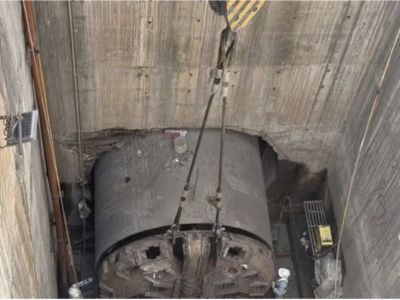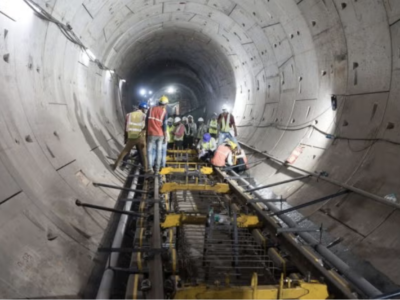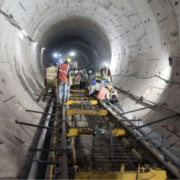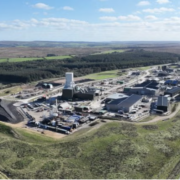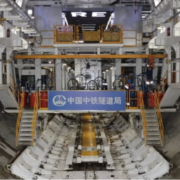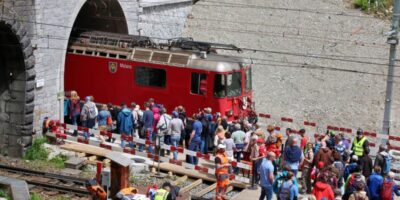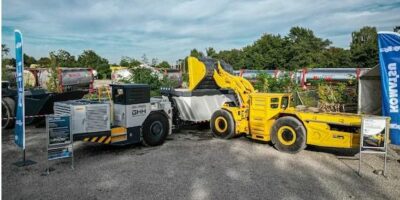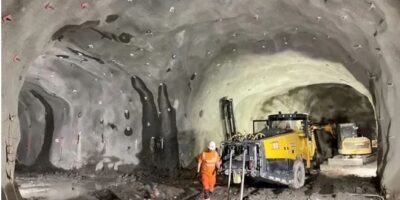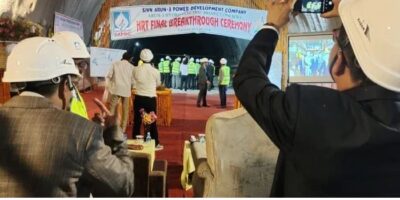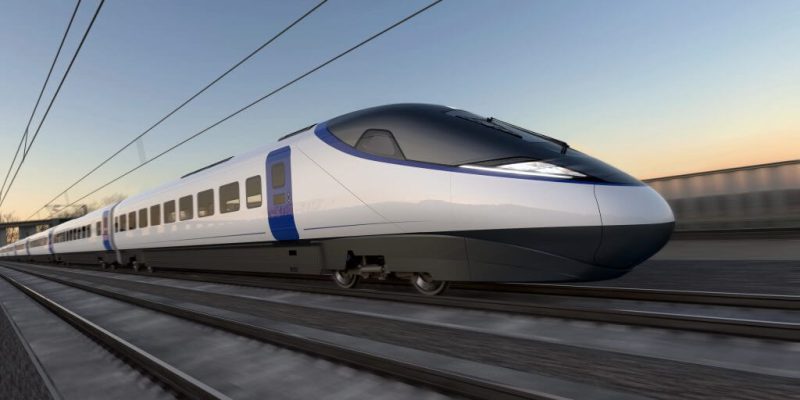
In the opinion of Infrastructure and Projects Authority chief executive Nick Smallwood, High Speed 2 (HS2) lacks mass popularity and political support due to the lack of “well-developed” or “well-planned” planning prior to its advancement.
At a House of Lords Built Environment Committee hearing, Smallwood was asked about the parliamentary process behind major infrastructure projects.
According to him, “well-defined, well-scoped, well-prepared, and well-planned [projects] receive good support from government departments as well as the general public”.
He noted that HS2 was the only project where this was not the case.
Members of the House of Lords and MPs have repeatedly called for the cancellation or scaling back of HS2. In addition to protests from the public, the construction of the line has been repeatedly halted.
A greater amount of time and effort during the planning period could have led to more support for the high-speed rail project, according to Smallwood.
As a result, he continues: “My experience is that you have to spend more time and effort on the front end and you do front end loading, really focusing on what the outcome you are seeking.
“We have been guilty in the past of rushing to action and appearing to rush to action. Even with a hybrid bill, it is complex due to the fact that the planning cycles are in years rather than months. HS2 has had five and a half thousand planning approvals just to complete its temporary works with one of its joint venture partners.”
HS2 Phase One and 2a are currently estimated to cost £42.5 billion, while Phase 2b will cost £17 billion. In the Integrated Rail Plan, the costs for completing HS2 Phase One and 2a sit at £42.5 billion, while the costs for Phase 2b on the western side will be £17 billion. At £12.8 billion, the HS2 East Core Network replaces the original eastern leg of HS2.
In a report to parliament in March 2022, then-transport minister Andrew Stephenson revealed that HS2 Ltd was reporting £1.7bn net potential cost pressures, more than double the $800M reported in January 2021.
Cost concerns have steadily increased since then. In October 2022, a leaked internal review document by HS2 Ltd deputy chair Sir Jon Thompson revealed that the project is expected to cost many billions more than was originally reported.
As a result, HS2 Ltd receives “bids for money from contractors on a continuous basis and has significant and lengthy commercial discussions associated with them”. As revealed by a Freedom of Information request by NCE, the four main contractors have requested additional funds or time on the project 3,000 times since the works began in September 2020.
According to Lord Tony Berkeley, who served as deputy chair of the government-ordered review into HS2, the total cost of the project is well above £150 billion at current prices. According to a spokesperson for the Department for Transport (DfT), no plans are in place to cancel any parts of the project.
The Transport Secretary, Mark Harper, has also revealed that the design for Euston Station “can no longer be used” following the decision to reduce the number of platforms from 11 to 10. Even though £105 million has already been spent on the development of the terminal’s plans.
Despite ongoing concerns over costs, progress on the project has accelerated in recent months. In October of last year, HS2’s London tunneling began when contractors powered up a 140m-long 2,000t tunnel boring machine (TBM) to start its 8km journey through West London.
There were three TBMs already operating outside of London, two of which were currently boring the Chiltern tunnels, while the third had already completed the Long Itchingdon Wood tunnel.
There will be a total of 10 TBMs on the HS2 project – working to build 102 kilometers of tunnel between London and the West Midlands, including major tunnels on London’s approach and Birmingham’s.


